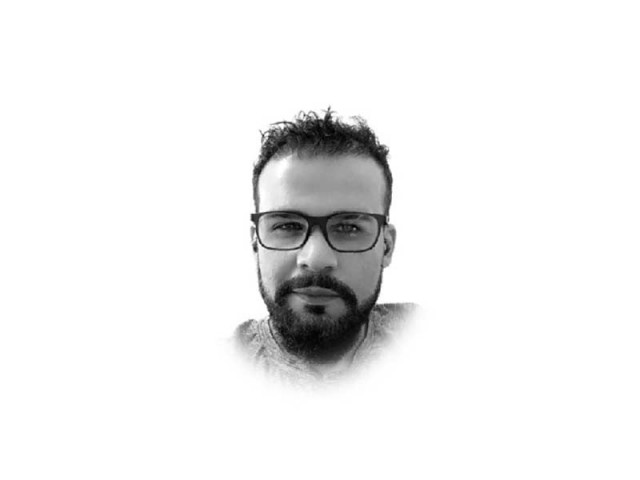Stagnation of teacher education in Pakistan
Pakistan’s education system is at a crossroads, caught between obsolete teaching practices and unprofessionalism

Earning a PhD is a journey of transformation. Much like a triptych painting, this intellectual quest involves stages of: 1) Construction — assuming to know everything; 2) Deconstruction — challenging one’s presumptions; and 3) Reconstruction — developing understanding and interpreting the reality of research participants or phenomena based on philosophies and theories. Yet, in the Pakistani educational system, many academics, particularly in the field of Teacher Education, find themselves stuck in this process, entwined in outdated dualistic views and beliefs, stalling before reaching the Reconstruction phase.
In fact, academics who fail to navigate this vital journey miss out on the basic grasp of research. As the aim of the research is to acquire new knowledge of the unknown, a researcher has to first conceptualise what knowledge is (i.e. ontological stance), and then explain how s/he can acquire that knowledge (i.e. epistemological stance). The choice of research methodology i.e. qualitative, quantitative or mixedmethod depends on the researchers’ ontological and epistemological stance. Bereft of this comprehension, these academics stick to inflexible understandings of research methods and techniques, affecting both their research papers and instructional methods.
In addition, as social science researchers, these academics are required to articulate the relationship between individual and social structures, also known as “social stance”. This understanding informs their choice of theories or analytical techniques. This also places them among the advocates of various social science paradigms like Modernism, Romanticism, Constructivism, Feminism, Naturalism and so on. Deprived of this understanding, our academics neither understand theories nor teach. Resultantly, they generate inadequate papers that fail to satisfy esteemed international journals.
The situation deteriorates further when these academics publish substandard papers in low-performing local journals under the pretext of productivity, exposing their weak understanding of research and subject matter among local policymakers, international funding agencies and aspirant candidates to join the field of Teacher Education. Due to rampant favouritism in the field, many such papers are accepted without scrutiny. Higher Education Commission acknowledges these papers for promotions, resulting in an influx of professors with deficient skills and understanding. Hence, the quality of education declines, leading to an overall degeneration in the field.
On the one hand, significant policy modifications are devised and implemented with negligible input from educators. Academics lack not only communication skills but also a profound understanding of social issues. When requested to express their viewpoints, they often resort to blaming the system or quoting Iqbal or Latif without any pertinent correlation to the subject matter. On the other hand, internationally flourishing programmes like B Ed, M Ed, and MPhil Education fail to appeal to potential candidates in Pakistan.
Amid this turmoil, when a handful of scholarly academics have the audacity to question the status quo, they are often subjected to mockery and systematic suppression. Felt misfit, they get silenced or leave the institution or the country. About 900 such highly qualified academics left the country and joined prestigious foreign institutes last year alone. Only regrets are left behind.
William L Sanders of the University of Tennessee aptly encapsulates this scenario suggesting that an A grade academic can guide a B grade student to reach A grade achievement. Whereas, a B grade academic could potentially downgrade the performance of an A grade student to a B grade level. Currently, we are either silencing or losing A grade academics and leaving B and C grade academics to mold our future.
Pakistan’s education system is at a crossroads, caught between obsolete teaching practices and unprofessionalism. The path to improvement demands embracing change, enhancing intellectual growth and valuing educators’ vital contributions. Strategies must amplify, not suppress, skilled educators’ voices, encouraging varied thinking for a promising educational future.
Published in The Express Tribune, August 31st, 2023.
Like Opinion & Editorial on Facebook, follow @ETOpEd on Twitter to receive all updates on all our daily pieces.















COMMENTS
Comments are moderated and generally will be posted if they are on-topic and not abusive.
For more information, please see our Comments FAQ